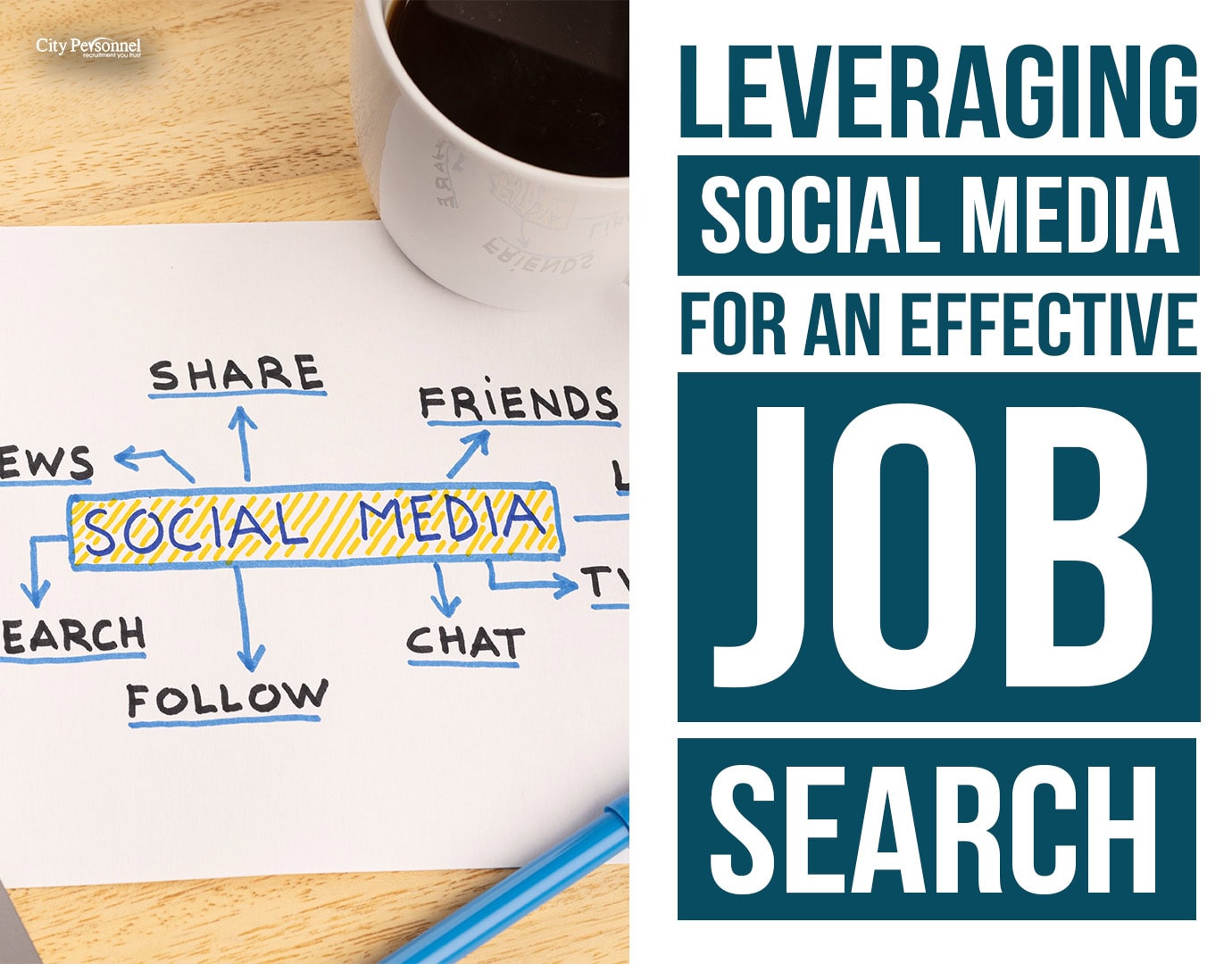Working remotely is becoming more and more popular these days. More and more people are ditching the traditional office setting in favor of working from home or a coffee shop. While there are many advantages to working remotely, there are also some dangers that come with it. One of the biggest dangers of working remotely is that you’re more likely to be let go if your company decides to downsize.
Many large companies are already planning on cutting staff and implementing hiring freezes towards the end of 2022. Companies like Amazon, Twitter, and Meta have already laid off thousands of their employees, which has caused some panic among others.
While you may still have your job today, there is always the chance you can be laid off in the future. We don’t want you to panic or worry that today may be your last day at your job, but we want you to be aware of the current climate of our economy.
The U.S. job market has been shrinking for the past few months, and many workers are fearing that mass layoffs will soon follow. In August, the unemployment rate ticked up to 3.7%. This trend is expected to continue in the coming months as businesses adjust to the new reality of slower economic growth.
While it’s still too early to say how many jobs will be lost in the coming months, it’s clear that the outlook is not good.
But enough of talking about the gloomy days ahead; let’s talk about remote work.
Managers May Let Go Remote Workers First
Remote work is amazing. You can wake up later, stay in comfy clothes throughout the day, not worry about your dog needing to go for a walk, and relax on your couch during your lunch break. Even if you may not want to admit it, you would prefer remote work over going into the office.
However, even though remote work would be awesome, there is a major disadvantage to working from home.
A recent survey by software maker Beautiful.ai found that 60% of managers would likely lay off their remote employees first rather than basing the decision on performance.
“When it comes to managing employees, the lack of face-time can affect many different aspects of the job,” Beautiful.ai’s report finds.
Once a major perk, remote work is now a major concern for many workers who could be next to lose their job.
One huge company currently dealing with this situation is Twitter.
Twitter, recently acquired by Elon Musk, is currently laying off a large number of employees. Currently, Elon Musk has slashed a reported 50% of Twitter’s workforce, or about 3,700 jobs, and plans on continuing to lay off workers if they don’t have the same vision as him.
What’s his vision? The end of remote work and working longer hours at a higher intensity.
Twitter's Remote Work Promise
A lot can change over the year. Recently, we have seen FTX go from being worth $32 billion in January to being worth nothing today. Another major change is Twitter going from promising the opportunity to work from home forever to now requiring all their employees to work in the office.
Yes, you heard that right. In March, Twitter announced that they will continue to offer the option of working remotely forever.
With the news breaking that Twitter will always offer remote work, thousands of job seekers flooded the job boards of Twitter hoping to get on board the new work-from-home trend. However, that honeymoon ended quickly.
When Elon purchased Twitter in November, his first email to Twitter staff was that he will no longer be offering his employees remote work. Those who disagreed to come back to office simply were let go. Those who worked in the office full-time already? They had nothing to worry about (other than getting fired for other reasons).
Why Are Remote Workers Let Go First?
It is important to note that remote workers have the highest chance of being let go first when a company is laying off employees.
Note that laying off remote workers first is usually not a biased decision. Laying off any employee is a difficult decision for managers. However, sometimes it is easier to let go an employee you have met only over Zoom than the one you sit next to every day at the office.
“Prejudice against remote workers is obviously not a manager’s intention,” said Jason Lapp, Beautiful.ai’s chief executive, “but sometimes it’s difficult to imagine fair treatment and trust when a batch of employees are working next to you in an office and another group of employees are working at home.”
Laying off a remote employee requires no office goodbyes, no desk to clean out, and usually no tears to be shed —at least, that is what managers hope.
Additionally, remote workers usually get fewer opportunities to shine than their in-office counterparts because of unexpected situations that arise in the office. Rather than calling a remote employee to fix a problem, managers prefer to ask their in-office employees because they are more than likely already familiar with the problem. One example of this is if your office wifi turns off, who would you ask for help, the in-office employee or the remote one?
What we suggest for you
Understanding the difference between wanting remote work and needing remote work is two totally different things. If you need remote work, then our suggestion to you is to be weary when your company announces that they plan to make layoffs. While there is no guarantee that you will be the one to be laid off, there is a higher percentage chance that you will be laid off before your in-office co-workers.
In the case that you only prefer remote work and don’t need it, we highly suggest you rethink your decision. Remote work is amazing, but having that uncertainty every day of being laid off first can take a toll on you, especially if most of your co-workers are in the office.








